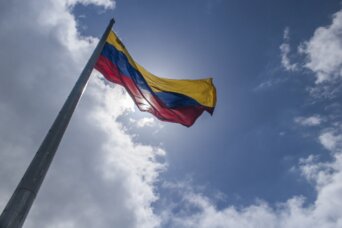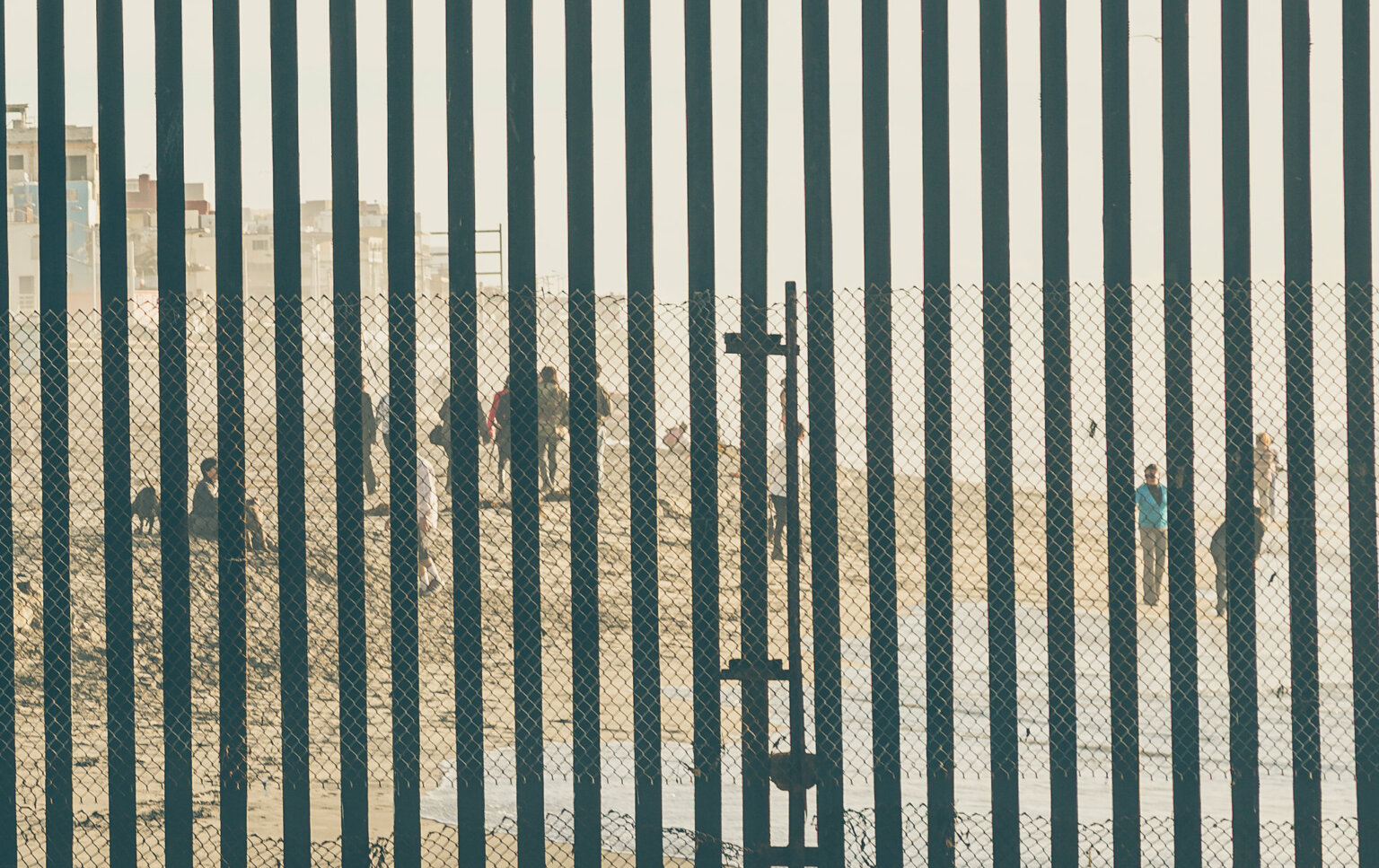- About
- Topics
- Story
- In-Depth
- Picks
- Opinion
- News
- Donate
- Signup for our newsletterOur Editors' Best Picks.Send
Read, Debate: Engage.
| topic: | Economy |
|---|---|
| located: | Venezuela |
| editor: | Ellen Nemitz |
Immersed in a deep and long-lasting economic crisis, marked by international sanctions and runaway inflation, Venezuela has been through one of the most serious humanitarian and political crises of recent years. This September, Nicolás Maduro - re-elected in 2018 in a process accused by the opposition to be fraudulent - was recognised by Colombian president, the leftist Gustavo Petro, as a legitimate president, reestablishing ties which had been broken for three years. Petro called Juan Guaidó, who had been claiming the Venezuelan presidency since 2019, an "inexistant" leader - nonetheless, Guaidó continues to demonstrate his willingness to dialogue with Petro.
The nomination of mutual ambassadors, the reopening of borders and the resumption of economic relations were the first steps of this important movement towards a new relationship between the neighbouring countries, with significant potential consequences in the economic field. Human rights violations are, however, still a present concern in Venezuela. The Americas deputy director at Human Rights Watch, Tamara Taraciuk Broner, affirms that "Maduro’s human rights abuses continue, despite talk from politicians elsewhere in Latin America." This perception is shared also by the population, at least according to a survey carried out by the Centre for Economic Development Equilibrium. 49 percent of people who responded to the poll evaluate that human rights are less respected now than they were five years ago.
The rights to access health care, potable water or work opportunities with a proper income are the most denied to Venezuelans, according to these citizens. Notwithstanding the international interventions to investigate possible crimes and promote human rights, only 15 percent of people believe that the situation can improve in the next five years. These perceptions exist despite an ongoing digital censorship denounced by the local outlet Efecto Cocuyo, which accessed data proving that the government asked the national communication company to block more than 1300 internet pages from 2016 to 2021.
In this context of economic crisis and human rights violations, over 6 million Venezuelans have already fled the country, heading maily to neighbouring countries such as Ecuador, Bolivia, Brazil and Colombia. While Brazil largely provided legal assistance to Venezuelans who entered its borders and Proyecto Migración Venezolana (Venezuelan Migration Project) reports that Bolivia and Ecuador are striving to document migrants already living within their borders, Colombia has not yet established a hospitable program.
A report from the Observatory of Venezuela at Rosario University assesses that migration has so far not been a point of discussion in the Venezuela-Colombia agreements. Meanwhile, the new ambassador Armando Benedetti's statement on the intention to "stop the supposed migration flow" from Venezuela sparked criticism from specialists such as the Senior Advisor at Latin American Crisis Group, Mariano de Alba. "Ambassador Benedetti's first visit showed that the Petro government essentially sees Venezuela as an economic opportunity for Colombia. They will try to obtain the benefits of that opportunity even if the serious institutional crisis in Venezuela has to be ignored," he said.
Image by Alexander Rodriguez

